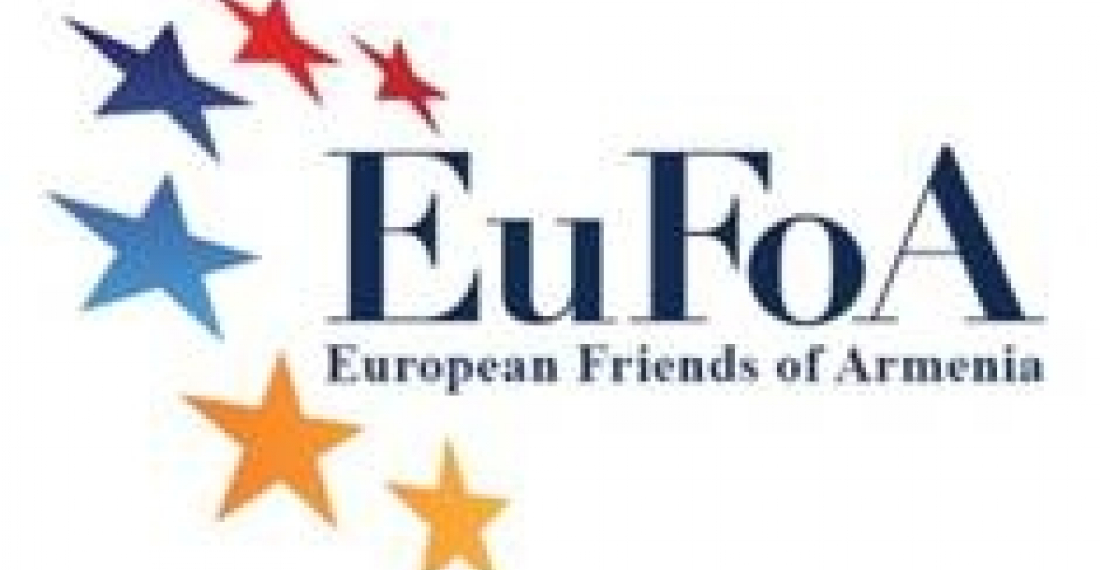The Europe-Armenia Advisory Council has issued a statement on the occasion of Armenia's Independence Day.
The statement says:
The Europe-Armenia Advisory Council extends its warmest and most sincere congratulations to the people of Armenia today, 21 September, as we celebrate the 20th anniversary of Armenia’s independence. Situated in Europe’s eastern periphery, this ancient Christian country with its profound cultural richness has successfully taken on the challenge of developing its young state.
Today, Armenia faces a number of challenges, both old and new. In this, Europe stands by Armenia’s side! Armenia is now actively benefiting from the European Neighbourhood Policy and the Eastern Partnership. Negotiations of the EU-Armenia Association Agreement are progressing fast and will eventually lead to stronger political co-operation, deeper economic integration with a comprehensive free trade agreement, and easier mobility through visa facilitation. We also welcome the Partnership for Reforms, recently set up by the European Commission and the Armenian government, which aims to strengthen democratisation, good governance, and the respect for human rights and the rule of law. One of our biggest concerns is the rising tensions in the unresolved Nagorno-Karabakh conflict. Europe has shown how countries can overcome centuries of warfare, transcend their differences through economic and political integration, and base their relations exclusively on peaceful means and international law. The people of Armenia, Azerbaijan and Nagorno-Karabakh deserve no less. We call for the implementation of the confidence building measures agreed at the trilateral summit of March 2011 in Sochi without any further delay, and align ourselves with the call of the Minsk Group Co-Chairing countries made in May 2011 in Deauville.
On this anniversary, the Europe-Armenia Advisory Council celebrates Armenia’s achievements over the past two decades. It encourages all parts of the Armenian society to continue along the path of re-integrating Armenia into the European family, where it rightfully belongs.
The Europe-Armenia Advisory Council Members are: Dr Kornel ALMASSY, Mr Elmar BROK, Prof Massimo CACCIARI, Prof Bernard COULIE, Mr Agustín DÍAZ DE MERA GARCÍA CONSUEGRA, Dr Alexandra DOBOLYI, Mr Frank ENGEL, Dr phil Tessa HOFMANN, Ms Marie Anne ISLER BÉGUIN, Dr Ioannis KASOULIDES, Dr Andrey KOVATCHEV, Mr Paweł Robert KOWAL, Mr Riccardo MIGLIORI, Ms Joëlle Le MORZELLEC, Mr Stephen POUND, Ms Michèle RIVASI, Mr François ROCHEBLOINE, Mr François ROELANTS DU VIVIER, Mr René ROUQUET, Dr Charles TANNOCK source: European Friends of Armenia
source: European Friends of Armenia







